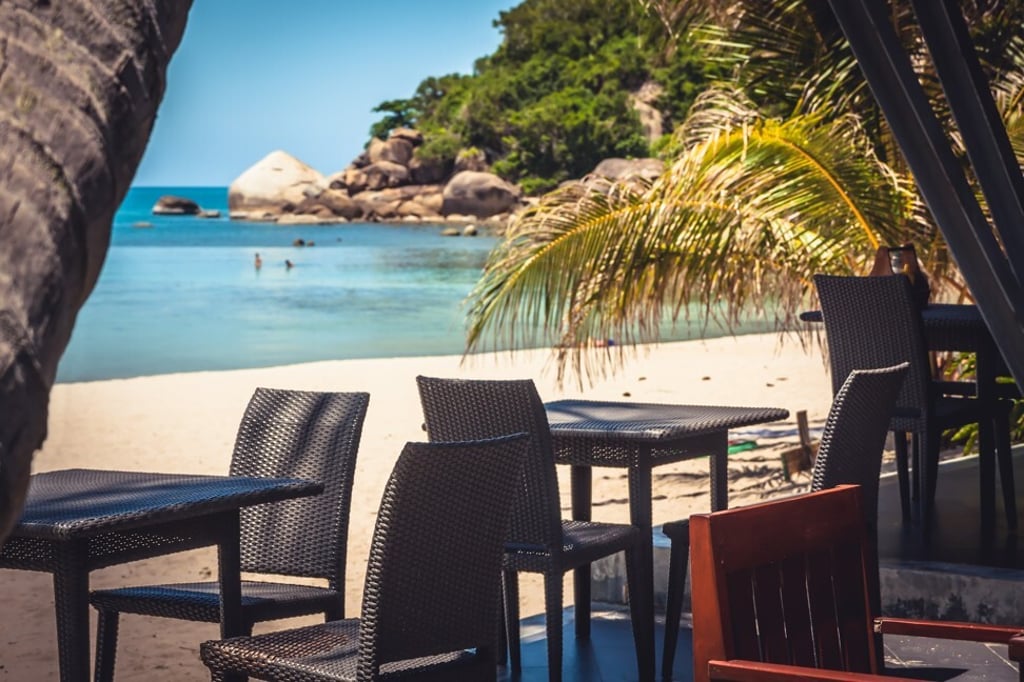Want to work from the beach? Visas from countries offering cheap living, low Covid-19 rates target digital nomads
- Barbados, Estonia, Bermuda and Georgia have launched schemes aimed at wooing digital nomads to make up for lost tourism
- But applicants are advised to read the fine print first, with the pandemic creating new barriers that could crimp remote-working fantasies

Offering sunny beaches, cheap living and low infection rates, a number of countries are competing for a new generation of remote workers in a bid to ride out the pandemic and make up for lost visitors.
From Estonia to Barbados, nations have launched visa regimes aimed at wooing “digital nomads” to bolster their economy, chasing the sort of people who mix work with travel and can set up shop any place with an internet connection.
“Work from Paradise” boasts the web page of Barbados’ 12-month Welcome Stamp visa, which launched in July allowing remote workers to relocate to the Caribbean island for one year.
“Our new … [visa] allows you to … work from one of the world’s most beloved tourism destinations,” the country’s prime minster, Mia Mottley, wrote in a welcome message on the page.
